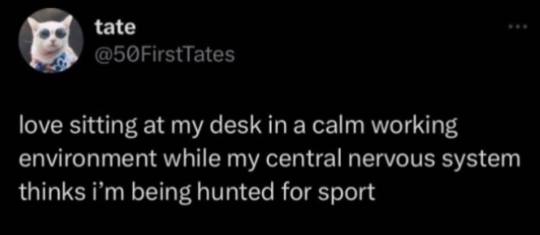Text
5 AU Headcanons: Rama Accompanies Sita Into Exile
For @marauderstar!
1. There are more than a few similarities between Rama’s first exile and his second.
Sita’s presence at his side is, of course, the most important: a constant of the universe save for those terrible months when it hadn’t been. Even now his stomach rebels at the remembrance; even now he reaches unconsciously for her hand to reassure himself she hasn’t somehow been stolen away once more.
The second is this: the aching, burning necessity to flee before he can be stopped. Before it had been Father’s men and the subjects of Ayodhya. Now it is no less than his own brothers. Already Lakshmana has protested loudly at not being allowed along, but Rama cannot do Urmila such injustice twice. And should he be persuaded to allow her presence, why, then there were Bharat and Shatrughan already cross at having been once left behind, along with their their wives—which didn’t even begin to account what their mothers might say. Before he knows it, Rama is sure, he would find himself housing his entire family in the woods and he doesn’t even want to begin to speculate how enormous a cottage that would require. Surely more than he and Lakshmana could assemble in a single afternoon.
No, Rama decides, and a faint smile flickers across his face (as has been the case every other time he happens to remember the swell of his wife’s stomach; a cottage for three will so quite well enough.
2. So long as he remembers he has wanted to be King.
Wanted, perhaps, is not the right word; expected is better, and expected by everyone else better still—and yet even that doesn’t explain his readiness to give it all up for a single rumor.
Ravana, he knows with bone-deep assurance, had both wanted and expected to be King, craved it to maintain his conception of the world. All too easily Rama could become much the same, and he recoils from it. Ravana was a monster for many reasons, least of which was his ancestry; and Rama would not become his shadow, not for a kingdom that turned on his wife for no fault of her own.
Not for a kingdom that wants him but does not need him, not the way it believes it does.
3. As it happens he doesn’t need to build any sort of cottage at all. Rama, who is guiltily remembering that Lakshmana was far more successful at the brothers’ architectural ambitions he last time around is not a little relieved when they stumble, almost literally, upon the hermitage of a worn wary man who calls himself Valmiki.
“I am afraid,” Rama feels the need to confess, almost as soon as Valmiki’s invitation to stay is spoken, “that we—we come bearing scandal.”
Valmiki’s mouth quirks into a sudden grin, one that was once (as Rama will discover) the terror of travelers passing alongside this road. “Rest assured,” he replies, with such good humor Rama cannot refuse him, “that I am no stranger to scandal myself.”
4. Their warm welcome, it soon turns out, is due as much to their host’s kindness as to the fact that he is composing an epic on Rama’s exploits. Rama flushes to hear of it, and all the more to listen to line after line of his supposed virtues, but Sita laughs outright–and takes impish delight in suggesting all the more wilder exaggerations when asked by Valmiki to confirm the facts as she knows them.
“This bow,” Valmiki says, “by which your husband won your hand–”
“Six feet long,” Sita replies promptly, sketching out unrealistic dimensions with her hands, “and twice a man’s weight to draw.”
Rama groans. “Half a man’s. If that much.”
“Did I say six feet?” Sita very nearly manages not to giggle. “Surely I meant eight.”
“Eight?”
“Perhaps, dear daughter,” says the poet, straight-faced; “you might be mistaken. Ten seems far more likely.”
By the time that afternoon’s composing is complete, the bow is twelve feet and Rama utterly mortified–but Sita is laughing, and Valmiki humming with satisfaction, and Rama can bear a bit of mortification for that.
5. There are two boys, not one; the first already boasting a head of dark hair that stands upright like spikes of kusha grass, the second golden and grasping for his father’s finger.
Rama reels with the wonder of it, and all the more with the knowledge that he has a lifetime with them, years to watch them grow into the men they are meant to be. This must be what his father had always wanted for him, Dasharatha who had performed a thousand prayers for just that life. He would give up a hundred kingdoms for that, a thousand; he is certain–no matter how much news might trickle out from Ayodhya that its citizens still mourn their lost son, that its King swears to perform the Aswamedha Yagna in twelve years’ time, should he be reunited with its brother by its end.
There are two boys, not one; and they are both perfect. Sita is well, and happy, and they have a home.
Rama wants nothing more.
107 notes
·
View notes
Text
“Mughals did not colonise India.”
But what exactly is colonisation?
- Colonisation, ˌkɑːlənəˈzeɪʃn: The act of taking control of an area or a country that is not your own, especially using force, and sending people from your own country to live there.
One of the most famous and understandable example of colonisation for Indians is the British colonisation that we personally suffered through.
British colonisation shows interesting parallels to Mughal rule and invasion into India where they imposed their language, their rule and taxed people harshly while putting people through hellish famines that wiped out millions and didn’t provide aid or proper help to the starving population but the only difference is that the Mughals ruled India for a far longer period of time than the British so the impacts are more deeply entrenched in the Indian society.
There are of course “self proclaimed intellectuals” on social media who suck up to the former colonisers and harp about how the mughals didn’t colonise us which my friends is another example of suffering through a post colonial world. The victims of colonisation are so thoroughly subverted through textbooks and distorted and white washed history written by marxist historians that they cannot see through the lies and the moment they see someone pointing out the effects of colonisation they see their world crumbling and so they strike back in desperation to protect their masters and lords who they have been told were the absolute paragons of virtue.
So let’s see how the Mughals colonised India -
1. They were not just invaders. They didn’t just invade India, loot our wealth and walk out of here. They stayed. They stayed, occupied and controlled Indian territories by supplanting indigenous leaders and kings. Lol we don’t even need to go any further, the first point itself ends all arguments on this topic but this is tumblr (derogatory) so let’s go onto the second point 🤡
2. They imposed their language and their culture on the people of India. Farsi was the official language of the mughal court and you can see the effects of this even today in the languages spoken inside India. The Urdu language was also born through this mixture of farsi, prakrit and arabic. Brought in by the Mughals and the foreigners they appointed as officials in their courts.
3. Racism. As I’ve pointed out in my previous posts mughals were extremely racist towards Indians and they had no love for this land or it’s just inhabitants. Even newly converted muslims from the hindu population were considered inferior to the Persian, turkik or central asian lot in the Mughal empire.
4. Destruction of societal fabric and religions - as we all know that Mughals were muslims and adherents of Islam. They imposed heavy taxes on Hindus and non muslims called Jijya which resulted in the slow breakdown of the societal fabric of this country as people became poorer and the mughal court acted as a leech towards the society and its subjects. The jijya tax also provided the Mughal empire with fresh crop of converts every year as many people were too poor to pay the tax and most were tired of the humiliation they faced being non Muslims under the tyrants and so they gave up their ancient religions and converted to Islam.
5. Destruction of religious institutions. Mughal rulers are famous for wiping out temples and massacring the locals of those places. They have bragged about breaking the idols and temples of the infidels of India in their own records written by their court historians. It’s available in primary sources.
and these are just some points that I could jot down from memory..If I were to go any deeper I’m afraid the list will be endless.
So I am linking down some posts I and other blogs on tumblr have made on these topics which are backed by primary sources from Mughal documents written by the Mughal historians and Mughal rulers themselves. Do read it if you want to know in detail about Mughal colonisation and Mughal rule and atrocities on Indians ~
Myths and Truths of the Mughal Era
Hindu genocide under Mughal rule and Islamic invaders
Kashmiri hindu genocide and it’s history
Atrocities by Aurangzeb the Mughal ruler
Jauhar - sacrifices of women in a civilisation under siege
The fact that I’ve to make posts like these again and again shows just how shameful the genocide deniers and the ones who for some reason love to downplay our sufferings are. They face no consequences for it. I’m sick and tired of this…..
I hope this posts helps to dispel any notion of sympathy or delusions for the colonisers of India.
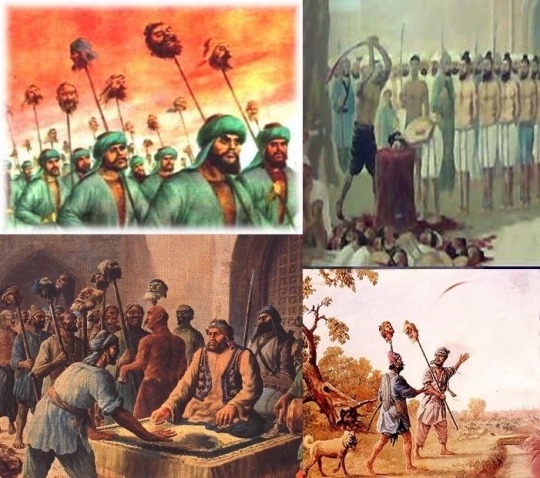
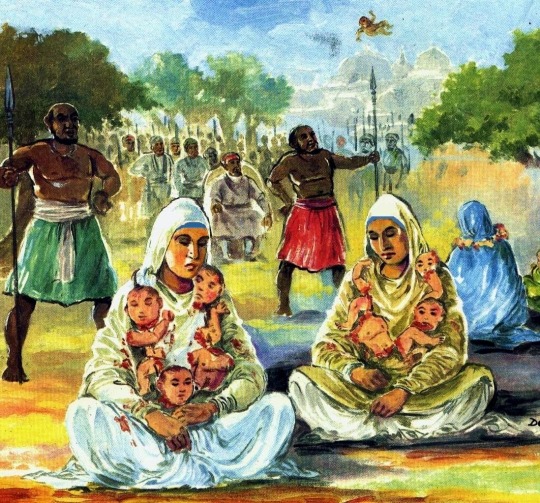
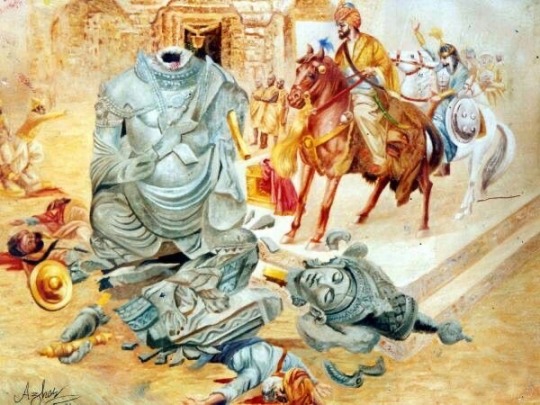


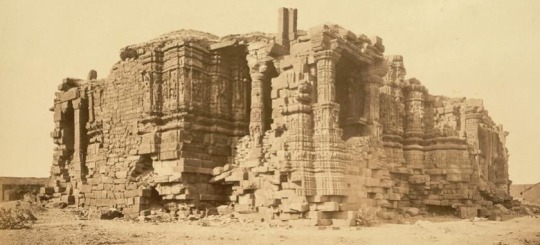
“You may call me a hindu nationalist for speaking the truth but I will never cower under the fear of being labelled. Our ancestors have given their blood to be able to speak it freely.”
111 notes
·
View notes
Text
So called opposition leaders who are considered the “uniting factors” of India lmao.


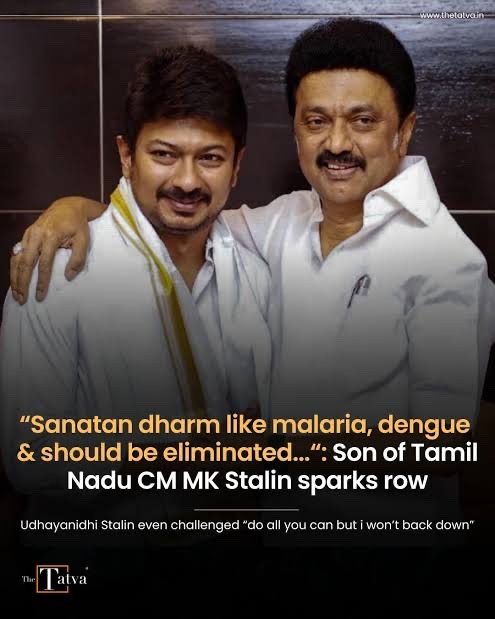

Yeah no I’m not voting for a party that so openly engages in caste politics and is normalising caste all over again.


Anyways!!
Elections are on and may the best win.
Vote responsibly for whoever it is you prefer.
But do go and cast your vote.
It’s your right.




#can't believe I get to turn 18 in August this year :')#election ke pehle aata toh kuch ho sakta thha#anyway#may Prabhu Rama be gracious on us all and let the motherland thrive in prosperity and well being#hinduphobia#hindublr#indian elections#ramablr#blatant hinduphobia and then denial
21 notes
·
View notes
Text
Thanks for the tag <3 @stxrrynxghts
animal, place, plant, character, season, hobby, food, color and drink!

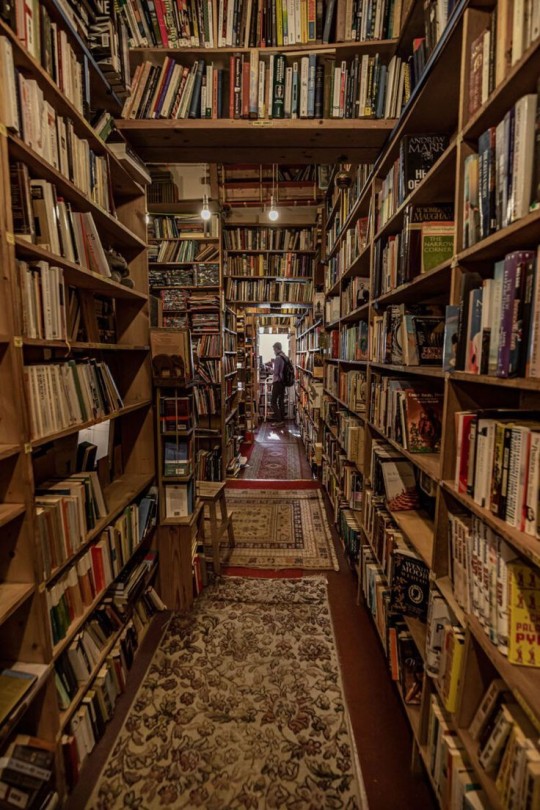
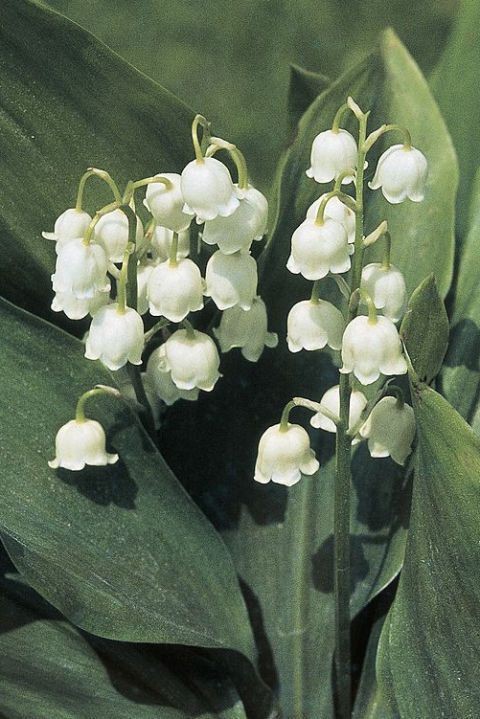
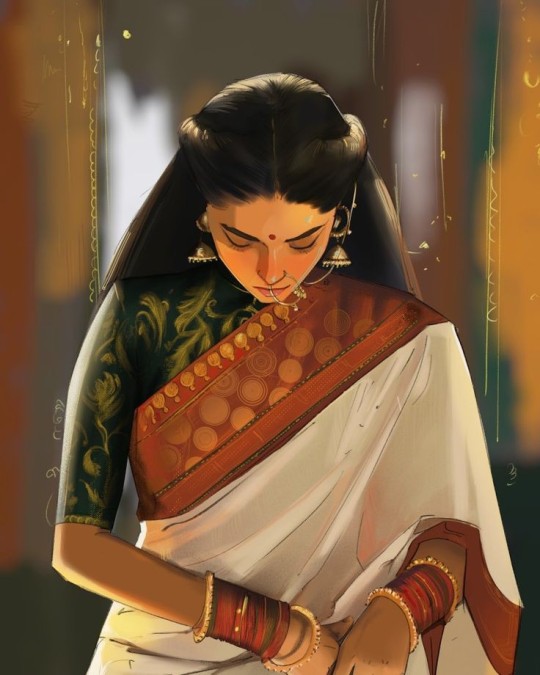

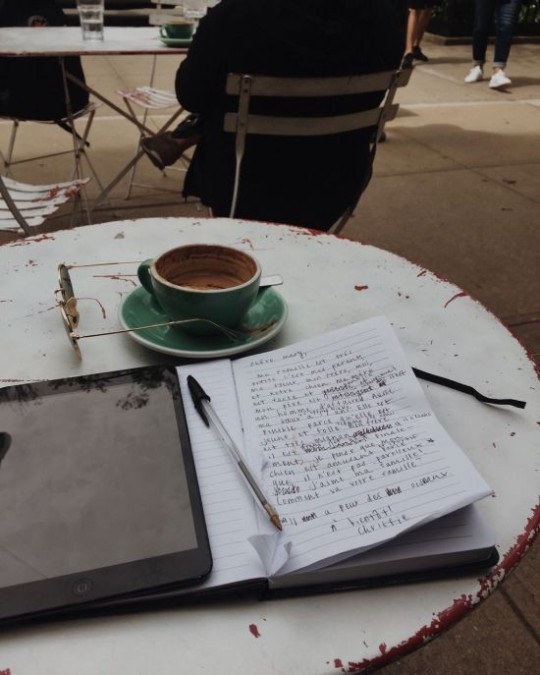



No pressure tags : @theramblergal @krishna-vallabhaa @krishna-priyatama @krishna-sangini
how well does pinterest know you?
i saw this on tiktok and it looked so cute! search on pinterest and choose the first option for
animal, place, plant, character, season, hobby, color, and drink!

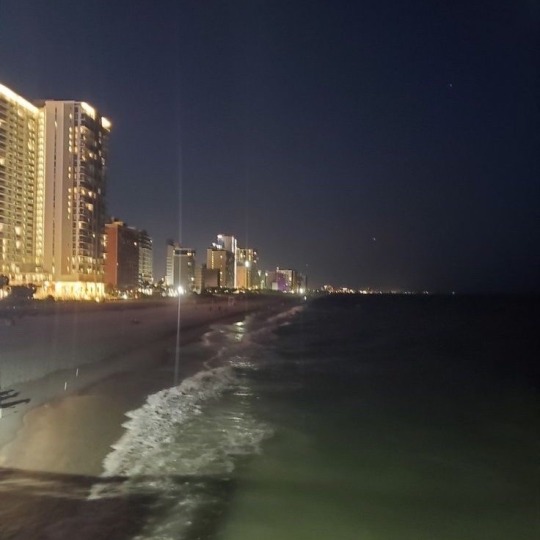



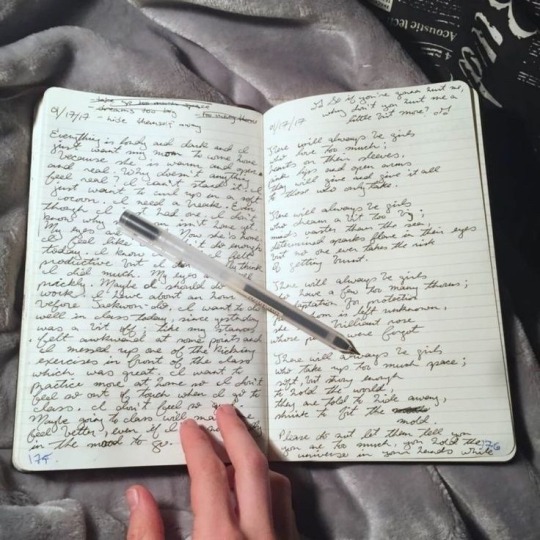



tag list is the mutuals i’ve made so far on this new acc 🥲🥲 i love having mutuals u guys r just so cute and i am obsessed with u
@blueberrbea @dangeroustaintedflawed @buunnyb00 @iluvluvkatemoss @vaeriia @weenja @etherealbunni @itsjustclaudia @lanadelreystan101 @pheeps @bruhaalla @corpsenoiva @zooxanthellae @the-godless-angel @obonnybunny
2K notes
·
View notes
Note
tysm for answering my anon! You are such an inspiration for me to improve as a writer ❤️
Thank you for taking the time to reply, I appreciate it
Hey! You're most welcome and again, I'm really sorry because I took a lot of time responding to the anon. Thank you so much for your sweet words. A very happy reading and writing <3
#answered#anon <3#anonymous#dhruvi speaks#I'd love to talk to you in dms#if you are comfortable that is#of course
0 notes
Text
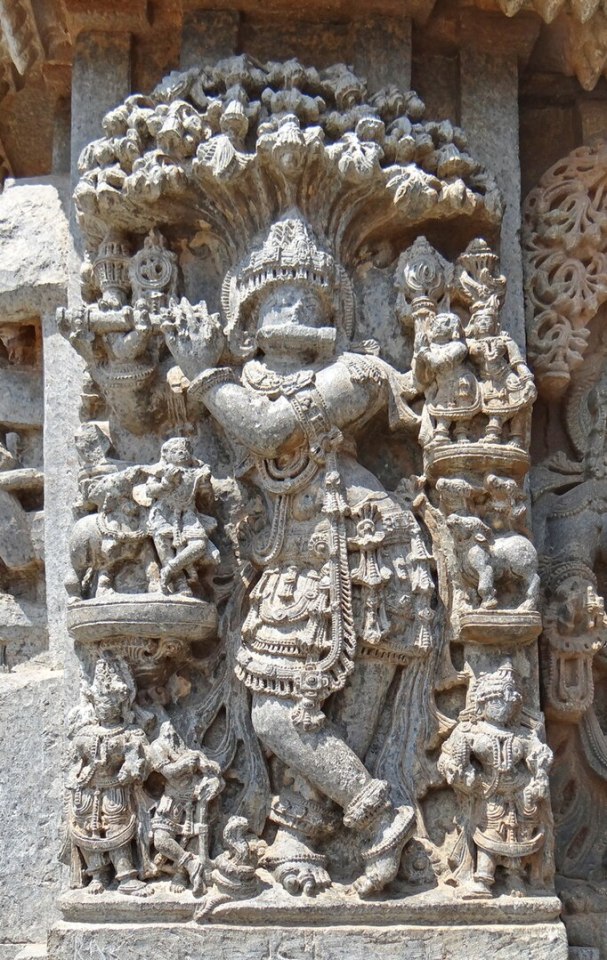
Hindu God Sri Krishna, Chennakesava Temple, Somanathapura India
124 notes
·
View notes
Text
When Vasuki roamed the earth ~
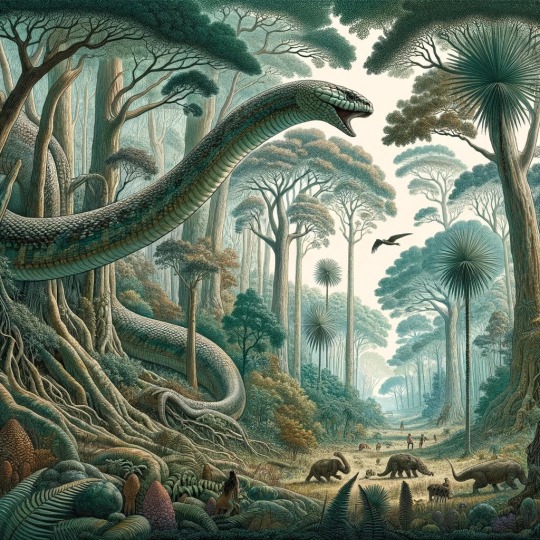
Archeologists have found the fossils of a giant snake bigger than the Titanoboa in the state of Gujarat, India.
The snake fossil was over 15 meters in length, making it the biggest.
They have named it Vasuki Indicus after Vasuki, the king of nagas from Hinduism.

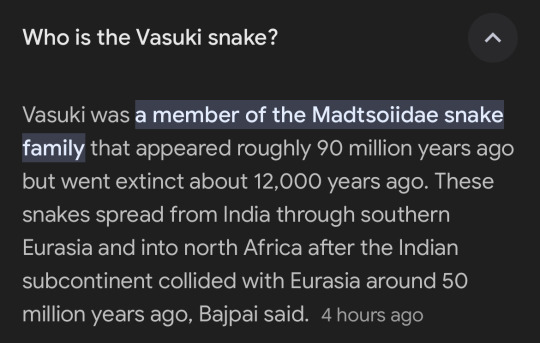
Although the specific diet of Vasuki is unknown, other fossils discovered in the vicinity show that the snake coexisted with prehistoric whales, catfish, turtles, crocodiles, and other wetland creatures, which may have been its food source.
87 notes
·
View notes
Text
Krishna Janmasthan must be legally reclaimed and rebuilt, its decapitated idols exhumed from the steps of the Jahanara mosque and reestablished and consecrated.
It's time hindus reclaim their heritage that the invaders and barbarians tried to destroy over and over again.
You make the choice whether you stand with the indigenous people reclaiming their stolen culture or do you stand with the likes of invaders.
- Anand Rangnathan
#brb crying once again#kanha <3#krishna my beloved <3#krishnablr#mathura#krishna janmabhoomi#shout out to this post again 🫶🏻🫶🏻
157 notes
·
View notes
Text
The dance of the devi
Flowers for the goddess
in my alta-dyed hands,
I offer them at the lotus feet
of the Mother of the Universe.
***
Gentle blues of the skies move out
And Surya slowly rises from slumber
in its captivating regal glory,
its golden rays adorning
the Devi’s forehead.
***
I behold the golden complexioned goddess
set in stone with a benevolent smile.
My anklets lay at her feet
with turmeric and vermillion coating
some of those melodious bells.
***
A sweet summer breeze blows by.
A bell jingles and a lotus from her garland
falls to the brown earth at my dust laden feet.
A jingle of bangles and anklets,
A low hum of a mysterious yet beautiful tune,
And a voice sings,
A voice that I can recognize anywhere –
The Devi has risen!
***
Draped in silks and gold,
fragrant garlands around her limbs,
She steps outside to my courtyard,
A very humble stage for the one
who is the abode of this entire Universe.
The sun makes her ornaments gleam,
yet her moon-like face is the brightest.
My anklets are around her feet
But what truly do I own
in this illusionary world?
What I receive –
Beauty, intelligence, riches and power,
All comes from her.
***
And by the bright yellows of dawn
I see her dance in my courtyard.
Wherever her feet travel, little blooms arise
and where her hands softly touch,
Golden dust flies.
She twirls round and round
And I see the might cosmic Gods
Swirling around her magnificence.
Her veil, the illusionary veil,
which she playfully casts
around this world
escapes the clutches
of her beautiful braided hair.
And now I see. Clearly.
***
She leaps into the air,
Resembling a warrior
and a warrior she is,
for she is the Devi,
The ferocious Bhairavi,
The invincible Durga,
the slayer of Mahishasura.
She is the dark one, Kali,
The slayer of Raktabija.
***
Her dance of grace and elegance
transforms to a dance of death and destruction.
She is Shivatrinayani and Maheshwari.
She leaps and twirls with her trident
and her anklets and the temple bells ring
harmoniously,
Just like the eternal forces of nature.
Devi is Nitya, the eternal one.
***
I, a mere mortal woman, a devotee
akin to the turmeric and vermillion on her feet
watch the goddess dance in all her glory.
I see all the worlds and this vast universe
dance with her,
And maybe it is really true:
That everything in the world dances.
Laasya performs in every object,
in the largest to the very smallest.
***
And then I see the radiant one
stretch her palm to me.
I see my world in her hand
And clasp her hand tightly.
Which daughter lets go of her mother’s hand?
So we dance.
***
Stars and galaxies, planets and cosmic bodies,
Fire and snow, gods, demons and mortals,
I see her in everything
And this is the Dance of Realisation.
The music, the drums and the bells slowly fade
But the dancing soul now awakened
dances in ecstasy.
I see, I hear, I dance, I understand everything now.
***
The Devi twirls, spins, sings, smiles and laughs
And finally heads to her abode, to Shiva, her life.
My life, a thread in her hands,
I now submit to her eternal play
of this Life’s Dance.
***
I haven't written poetry in a while now. Somehow I couldn't capture this in a story format, it felt bland and very large and long. I didn't like it. The poem format perhaps gives me a little peace to form the vision I once had a few years ago while meditating on the goddess. I will obviously edit this later for the book, but for now here's the first draft poem for the book
Tagging: @swayamev @indiansapphic @jukti-torko-golpo (big thank you to you for the devi content!) @navaratna @rhysaka @krishna-priyatama @krsnaradhika @inexhaustible-sources-of-magic @alhad-si-simran @ramcharantitties @kaal-naagin
74 notes
·
View notes
Note
imagine kamalnayani and kanha at the doctors for their baby dinosaur's check-up!!! headcannons please cuz it would be toooo cute <3 love your works btw
Sorry this took so long to answer. My brain wasn't braining. And thank you so much for the love <3
Modern au or something? Because that would give a hell lot of freedom with modern tech and so on. Tho I do support their polyandry and polygamy so that's that.
These are loosely based on what you asked for. Because the brain hasn't started braining tbh.
01. Kanha was the one who took Krishu to the doctor's because she was feeling sick since a week (yes, she's enjoying keeping him oblivious about it.)
02. Surprise surprise! Now the whole Pandava Yadava fam group on insta knows what's going on (they're getting live vlogging and updates by Kanha on his stories. My man is jumping since forever)
03. Aunt Draupadi is ecstatic. She's gonna be the rich aunt who brings imported chocolates (Krishu has started stuffing herself with them already. Abhi will prolly not be happy).
04. “How do I look today?”
“If poetry and prayer were a person.”
*blushes* “Thanks.”
Kanha : I am the rizz. The rizz is me.
05. Doctor : *raises an eyebrow* Baby dinosaur? How'd you come up with that nickname?
Krishu, glaring at Kanha : Do NOT-
06. Rukmini and Jambavati have no concept of the difference between Krishu and the baby. Krishu is the baby too. You cannot spell smothering without mother.
07. Satyabhama, holding a mic to her mouth : On this week's episode of Yapping with the Yadavas-
Sahadeva, continuing : We know a lot of stuff that would have been complicated had the amnesia-ish spell not been broken.
Raksh : *chokes on plain air*
08. Draupadi, looking distraught : Stop teasing Krishu and Govinda? How does one do that? What will become of me, then? Why am I here?
09. Doctor, nodding at the screen : Ah, I see. Quite an active baby.
Kanha : *adds another partner to his list of makhan churao abhiyaan*
10. Krishu, grinning evilly : I finished Kanha's stash of maakhan because I do not like my share of attention anywhere else.
Also Krishu : Will bawl my eyes out before he gets upset about it.
11. Kanha, re-enacting the lion king scene with the baby dino : THIS IS THE CIRCLE OF LIFEEEEEEE—
Sorry I'm just very unfunny :(
6 notes
·
View notes
Note
How do you write so good? *sits down with pen and paper* please teach us, oh, magnificent one!
*blushes* Thank you :D
And uh . . . Lots of reading and writing? See it takes a ton of bad writing to come to a small amount of good writing. So you just have to be stubborn with that and you'll be good. Never be discouraged. Read plenty about the genre you want to write. Add details. Allow yourself to do bad first. Gradually you will learn. Try experimenting with many styles. Incorporate new words into your daily vocabulary (not much fancy necessarily). You can be simple and impressive (I'm very pretentious when it comes to my style. So you might not want to follow me there lmao)
Took me 3-ish years to come to what I have, today. So yes, be patient and believe in yourself the most. By Maa Sharada's grace, you'll always improve. Lots of love <3
4 notes
·
View notes
Text
Everything is temporary. Constant self doubt is constant :')
#especially when it comes to writing#and fleshing out realistic characters#everybody tells me it's fine but idk I'm blank#why am i like this
5 notes
·
View notes
Note
Ooh ooh! May I add in something? Don't mind me, I'm high on sugar lol.
Read Mahabharata Unravelled and Ramayana Unravelled by Ami Ganatra. She perfectly captures the essence of the epics, which we call the itihāsa or history. If you want to know more about Krishna's lineage, read Harivamsha translated by Bibek Debroy. I'm done with the first two ones, yet to get to the Harivamsha fully but I do know basics of how the Yadavas' government functioned, the subclans they have, and the many personalities you don't get to see in modern retellings (which butcher the portrayal too, tbh). The Mahabharata Unravelled has two parts, the second wholly dedicated to dharma discourses (dharma here : not religion. Virtue, duty, the path of living which ensures that nobody else is in pain because of you, compassion, etc. such terms can be included into the vast concept that dharma is.) You can also check out the whole Mahabharata box set translated by Bibek Debroy, but it's really lengthy and you'd need a lot of patience to read all of that. Mahabharata Unravelled does that in short for you. You get to know the basics, as well as the things which are distorted in these times.
Hello, do you have any advice for someone just getting started in following Hinduism? Maybe books to read, videos to watch, general advice, etc. There’s just so much information and as a native English speaker, it’s a bit tricky learning all of the phrases as well.
Hey
So, as you might know, things are lost when we translate something from one language to another and English is a really limited language that doesn't capture the true essence of what's being said in Sanskrit. These people that I'm gonna mention use the primary sanskrit terminology for practices that they discuss in order to make it more familiar to people and prevent any loss of essence. You can always send an ask on anon (given psychos don't start acting up in my inbox again lol) or send an DM where we can discuss things in detail.
Hinduism originally Sanatan Dharma believes in Parambrahama (supreme being) and everything else (deities even you and me) are manifestations of param-brahama. A soul or Atma is eternal - it doesn't die, it takes rebirth over and over in bodies of various organisms, until you balance out your karma by living your life with dharma - you achieve Moksha i.e. becoming one with the parabrahma again.
To give a gist of karma and dharma, my friend @/latent-thoughts on this post explains it rlly well.
According to prominent verse of Shreemad Bhagwad Geeta, Shree Krishna is explaining to Arjun about Karma & Dharma :
(Karmanye vadhikaraste Ma Phaleshu Kadachana |Ma Karmaphalaheturbhurma Te Sangostvakarmani ||)
Here, the concept of karma is being explained to the great warrior Arjuna by Vasudev Krishna (who is an avtar of God Vishnu/a manifestation of the divine supreme Parabrahma (all Hindu Gods are part of Parabrahma). Here Arjun (one of the Pandavs) was stuck and basically getting cold feet, because he was about to fight his cousins (Kauravs) and his elders in a war (because they refused to recognise the Pandavs' right to a kingdom of theirs--being the sons of the previous king, plus the Kauravs outraged the modesty of their wife, Draupadi). So then Vasudev Krishna had to explain to him the concept of karma and dharma, and why it was important that he act according to what dharma dictates. (Point to be noted here--Dharma here doesn't mean religion, it means one's divine duty and concept of inherent justice.)
Anyway this answer is already so long I'll quickly list some resources :
1. Om Swami He's written well researched, easy to follow books on so many topics, my favourite one is The Ancient Science of Mantras - from introduction of what mantras are (spoiler: it's not what westerners have made it to be, no offence sjwkrjwj) to how to practice them. There are others books you can start with, I have full confidence he won't disappoint. He also has a YouTube channel - most of his older videos are in English but even videos which are primarily in Hindi, they are subtitled really well. (Also his life story is extraordinary 👀)
2. Rajashree Nandy He's done podcasts in English - I'd recommend you to start here. He is also a practicing sadhak (mediator, roughly translating), the thing I really like about him that he always has a unique view on practices, deities etc. he speaks keeping in mind that people from other countries (shoutout to you) watch his video so it's really digestible.
3. Books by Ram Swarup - 1. Meditations, Yogas, Gods, Religions. 2. The word as revelation, names of gods. 3. On Hinduism review & reflection (I haven't read any of these to be very honest but my friend recommends them to me all the time lol)
4. This Hindi podcast but with good English subtitles by Vineet Agarwal 🔥 he narrates the story of Shiv Shakti - plural halves of each other just 🫶🏻 you'll also become familiar with how we see divine and various stories with this podcast.
5. Another advice if you ever decide to buy any ~main books~ like Shreemad Bhagwad Geeta, any Puranas, Shree Durga Saphshathi, make sure you buy from Geeta Press Gorakhpur publication, they have the most accurate texts that we could have right now. I'd hope this interests you enough that you do decide to officially dive in deep soon!
I have so many things to say, but I wouldn't overwhelm you just yet! Hope this was helpful, of anyone else wants to add something to help the anon out , feel free to do so.
27 notes
·
View notes
Text
Okay I'm just going to rant about this moment between Arjuna and Krishna in Starbharat.
I love them okay? They're just too sweet. And cute.

Look at him. Sweet, anxious Partha.
He's just married Draupadi (with his brothers, that must've been so weird [I'm referring to Starbharat canon here, I know that all of them were very happy with the relationship in the original]) and he doesn't know what to do so he lingers back a moment to assuage himself in his Madhava's presence. I love this moment because it gives us (even if only a few seconds) more Arjuna-Krishna time and I feel like this show did it best in depicting their relationship.
He's so vulnerable, unsure of what to do with this strange new relationship and new life.
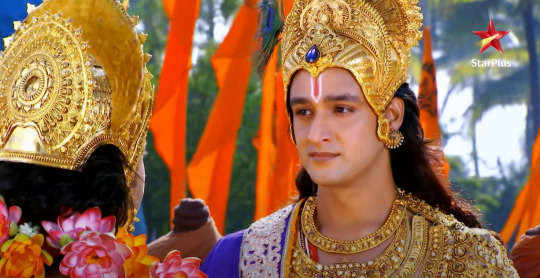
Krishna just eyes him with the knowledge of how his twin (Nara-Narayana supremacy guys <3) is feeling and is smiling ever so slightly.
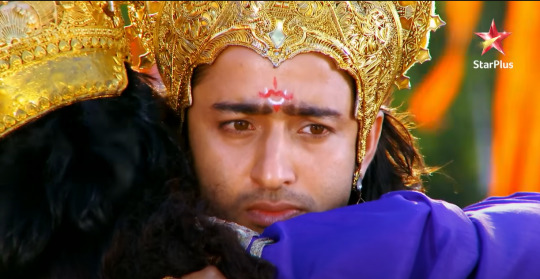
Even more anxious Arjuna! His eyes flicker and he takes a deep breath when he's in Krishna's arms, as though he's wondering "What am I going to do without you, Madhava? How am I supposed to face this strange situation alone?"
Remember guys, it takes him all of an episode to begin to trust Krishna with his life and everything beyond, so much so that he doubts himself on how he doubted Krishna earlier.
Also is it just me or does he seem a little calmer after that hug. Obviously, Kanha's hugs are really awesome!
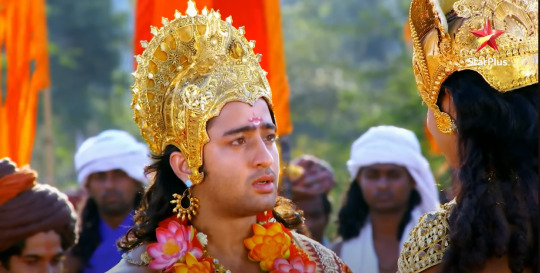
And then he goes and says: "I'll be waiting to meet you, Madhava."
Krishna just smiles one of his Smiles(TM) and says: "We'll meet very soon, Partha."
Just—
!!!!!!
Viraha much?
Krishna knows what his Partha is feeling and knows exactly what to say to soothe him and Arjuna doesn't want to go away from Krishna but he has to and 'Partha' and 'Madhava' is just so sweet I'm going to explode—
(maybe I'll edit this later but I just had to get it out)
15 notes
·
View notes
Text
I think it's sad how there's not many books, or papers, or essays that actually discuss the relationship between Draupadi and the Pandavas.
Like. Come on.
Can people not see how interesting their dynamics can be? Why is it always that we have Draupadi pining after Arjuna alone while ignoring the rest of her husbands, and while Arjuna just goes out there and marries other women? Why is it always Bhima alone who is said to love Draupadi, ignoring everyone else?
Where is the fraught relationship of Yudhishthira-Draupadi? They were emperor and empress and it was him who ruled the empire while she was the main financial advisor. Why don't we see that? Why don't we see them trying to work together—trying to live together and heal from whatever Yudhishthira did to their relationship when he gambled her?
Where are the stories where Draupadi falls just as hard for Bhima as he does for her, and where she fulfils his every wish as he does hers? Where is the tenderness that she has for him, as he does for her?
Where is the friendship that Draupadi and Arjuna must have enjoyed with each other, a quiet kind of love between them that flowered because of and in spite of their friendship? Where are their dynamics with Satyabhama and Krishna, their tight camaraderie in their quartet?
Where is the quiet love and companionship that Nakula and Sahadeva must have had for her, and she for them? Just because it wasn't mentioned in the editions doesn't mean they couldn't have had a relationship where they trusted each other.
Were there times the brothers felt jealous that Draupadi wasn't theirs alone? Were there times a surge of awe and love overwhelmed them when they saw Draupadi navigating the complexities of their relationships?
I could go on and on about this strange little relationship, with one woman in the centre and five brothers bound to her in ties that went beyond their physical bodies.
But their dynamics are so interesting, and it perhaps really needs to be brought to life.
24 notes
·
View notes
Text
You know what makes me angry? People who shamelessly hide information for the sake of their propaganda.
The Ny times articles regarding Ayodhya verdict (which were conviniently written by american leftist muslims) wrote about how it was islamophobic and BJP oriented of the Supreme Court to decide on giving the land to us.
No mention of the Sikh memoirs proving that the temple was demolished to make the mosque. No mention of the ASI report that proved that a non islamic structure complete with statues was found underneath. No mention of how important the temple is to the hindus or how many went away without getting to see the day they worship their beloved Ram Lalla. No mention of how their was no muslim prayers being offered there from since 50 years before and how the structure was being used as a makeshift temple.
An article regarding the Ayodhya verdict can water down all the crucial information about a religious temple that is nothing short of Mecca or Bethlehem to me to focus on the side they favour losing just another (abandoned) mosque.
But it is islamophobia, yes.
84 notes
·
View notes
